The New Zealand Curriculum focuses on the learning, skills and values of students. This includes equipping Aurora learners to be ‘global citizens’, who communicate and interact with and within other cultures, as well as their own. Studying a language and learning about its culture is a vital part of this education. In order to give our learners a more diverse language experience learners in Middle School learn two or three languages, depending upon their heritage language. All learners are offered Spanish as a second or additional language lessons. Vietnamese and Japanese speaking learners participate in mother tongue language lessons throughout the week. Speakers of other languages hone their English literacy and self-study additional languages of their choice with teacher guidance during these periods.
- Homepage
About Us Aurora Ecosystem Nursery & Preschool Primary Middle School Exploration Projects Bambini Project Explore Our School
- Aurora Story
The identity of Aurora Health and Well-being The Language of Food Nursery & Preschool Primary Middle School Languages & Cultures Exploration Projects Enrichment Programs- Aurora Ecosystem
Languages & Cultures
Vietnamese
We emphasize learner-centered, project-based learning styles that encourage learners to explore and learn through hands-on explorations during their Vietnamese lessons Aurora. Learners are supported in developing all four language skills of listening, speaking, reading, and writing through themed lessons in a friendly communicative and interactive environment. Our Vietnamese programme is supported by our teachers’ professional development sessions with local specialists to align our standards with those of the Ministry of Education and Training.
Throughout the year, learners practice speaking Vietnamese in a variety of contexts, including conversations, discussions, quizzes, and presentations. They familiarize themselves with appropriate vocabulary and grammar, and they learn to communicate effectively with others. Learners are encouraged to listen actively and attentively to spoken Vietnamese, including stories, poems, and conversations. They gain experience identifying key words and phrases and understanding the meaning of what is being said.
Learners are introduced to a range of Vietnamese texts for shared and independent reading, including stories, poems, and informational texts. They collaborate to read aloud or read to themselves with fluency and expression. In either case, a key goal is thorough and deep comprehension of what they are reading. In writing, learners shape Vietnamese characters and words, using a variety of materials and techniques. They also compose pieces of writing, using correct grammar and spelling to communicate clearly and effectively.
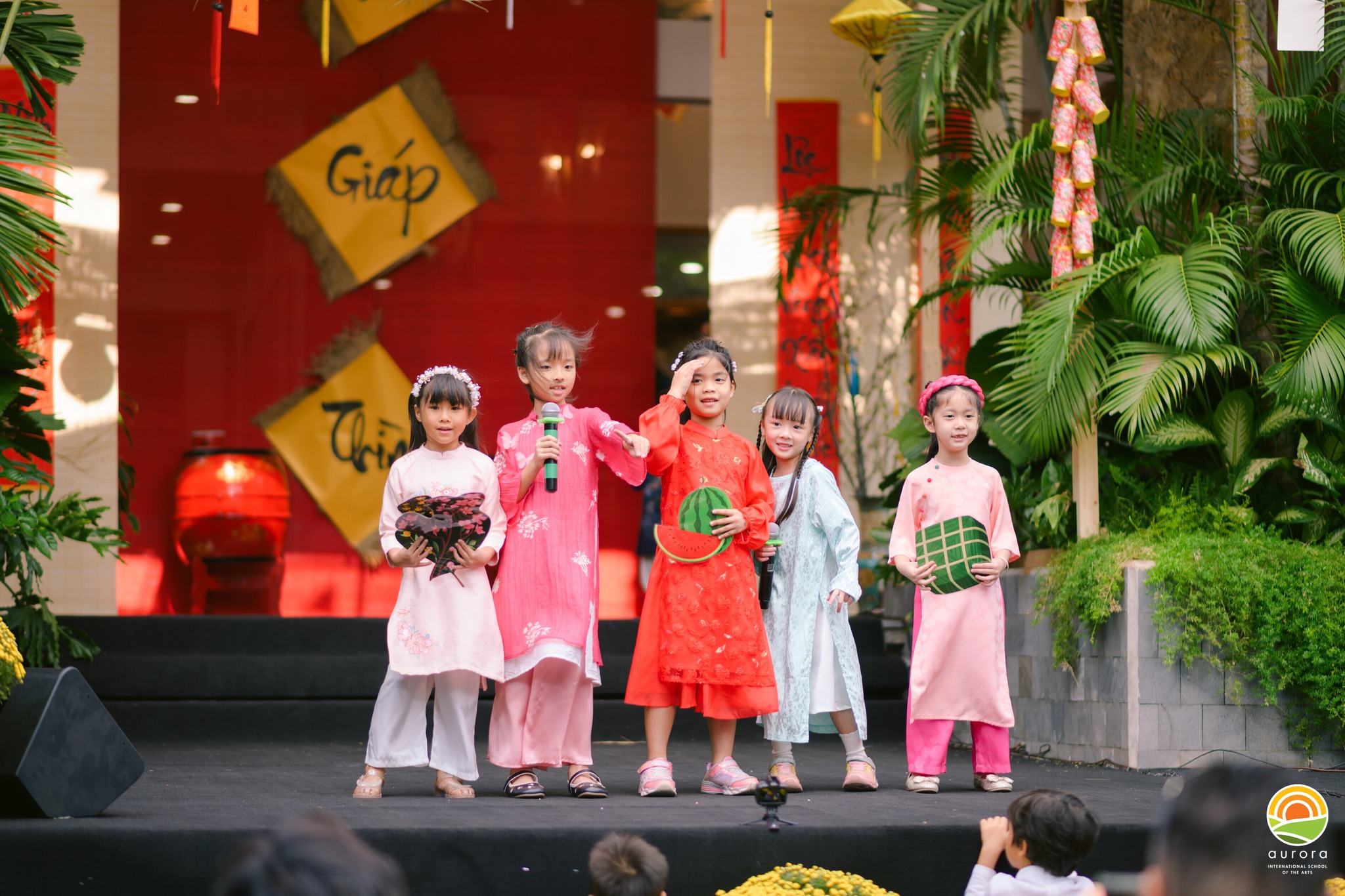
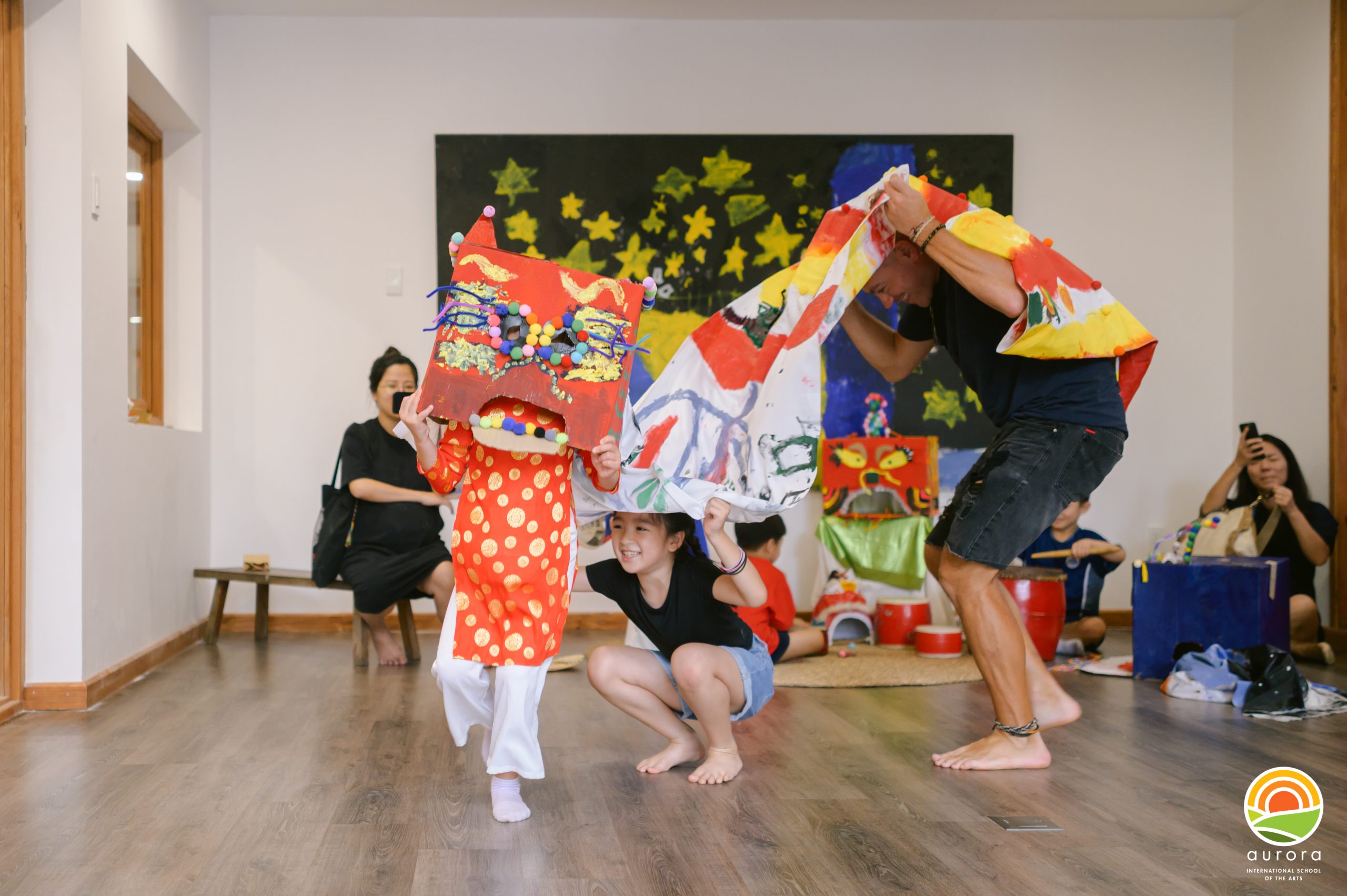
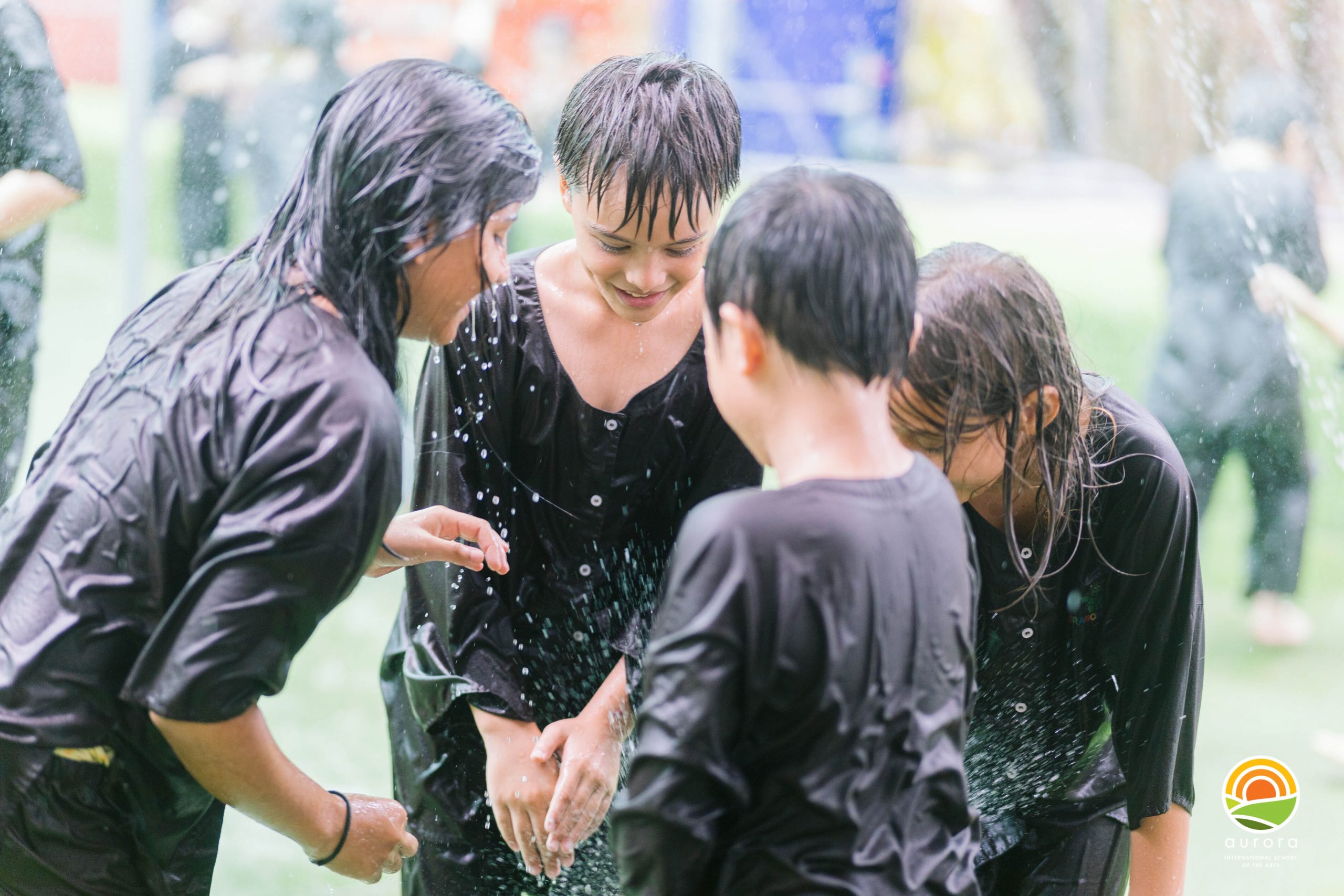
Spanish
As the second-most widely spoken language in the world, Spanish numbers in excess of 400 million native speakers, and has official status in 21 countries, spanning South, Central and North America, as well as Africa and Europe. The beginners’ course is grounded in culture and students gain an overview of the geography and culture of those countries and explore Latinx traditions and festivals. The linguistic focus centres on learning to communicate in a variety of situations through the four skills of listening, speaking, reading and, to a lesser degree, writing. We study Spanish pronunciation and cover topics related to everyday life such as greetings and introductions, numbers and age, family and hobbies, and food and drink, so that our learners can communicate with young Spanish speakers around the world.
Japanese
The focus is on Japanese as a living language which has the purpose of self-expression and communication in a variety of situations. Learners continue learning the four key skills of speaking, listening, reading and writing, but in greater depth. As the learners are more mature and possess significant prior knowledge, they are supported in expressing themselves in more complex and sophisticated ways both in their spoken and written Japanese. Knowledge of an increasing breadth of kanji and vocabulary supports this expression and also allows the Middle School Japanese learners to read more widely and research more independently. As with other areas of the curriculum, inquiry remains at the core of the learning and learners’ engagement is fostered by relevant themes and explorations of culture, history, geography and other fields of interest.
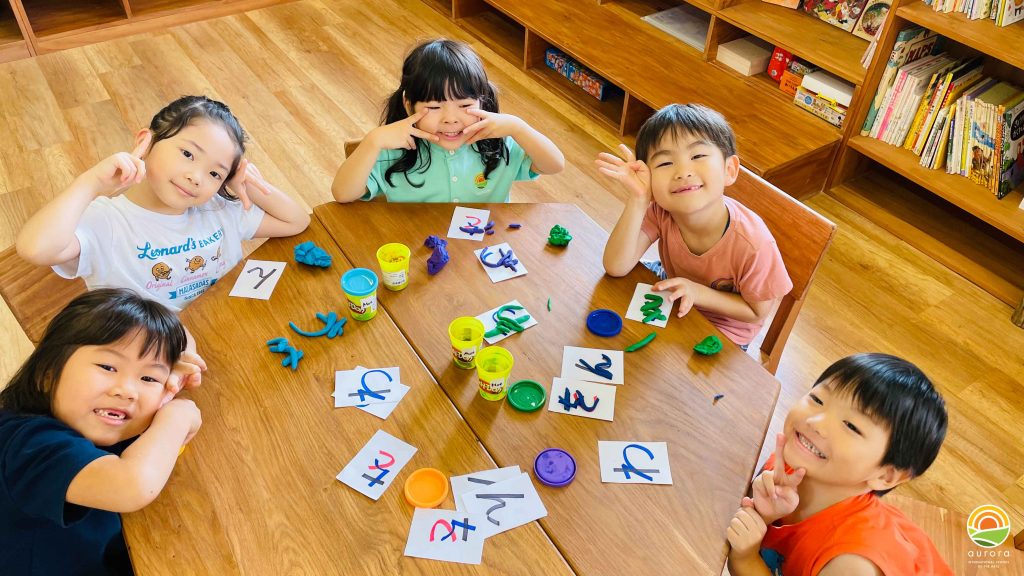
STORY TELLING AROUND THE WORLD – JAPAN
During Book Week, the Japanese teacher led an interactive reading of the origins of the Japanese zodiac, followed by an origami session to create a cat or rabbit. Children enjoyed the workshop and also learned the reason why cats were not on the Japanese zodiac.
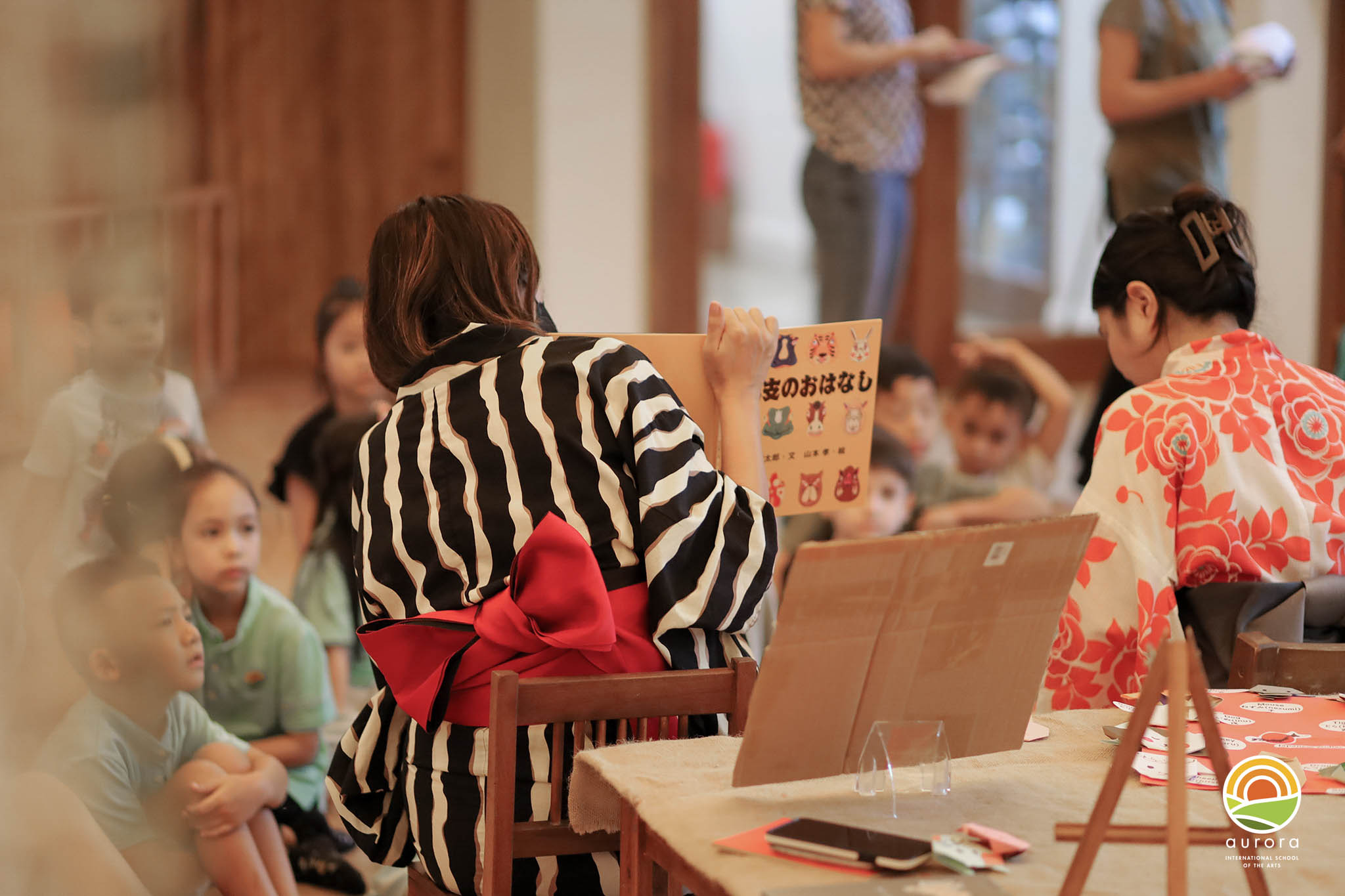
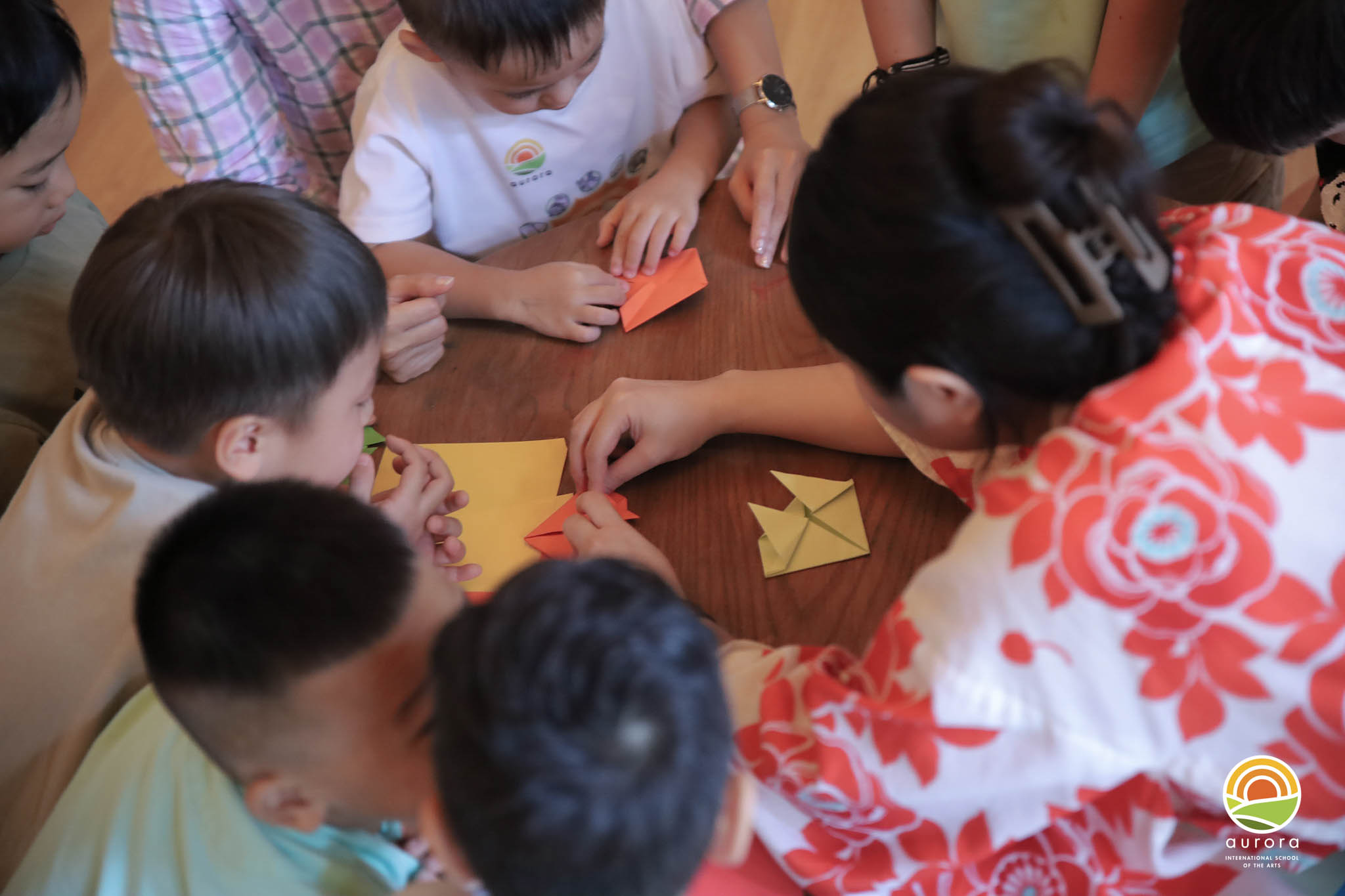
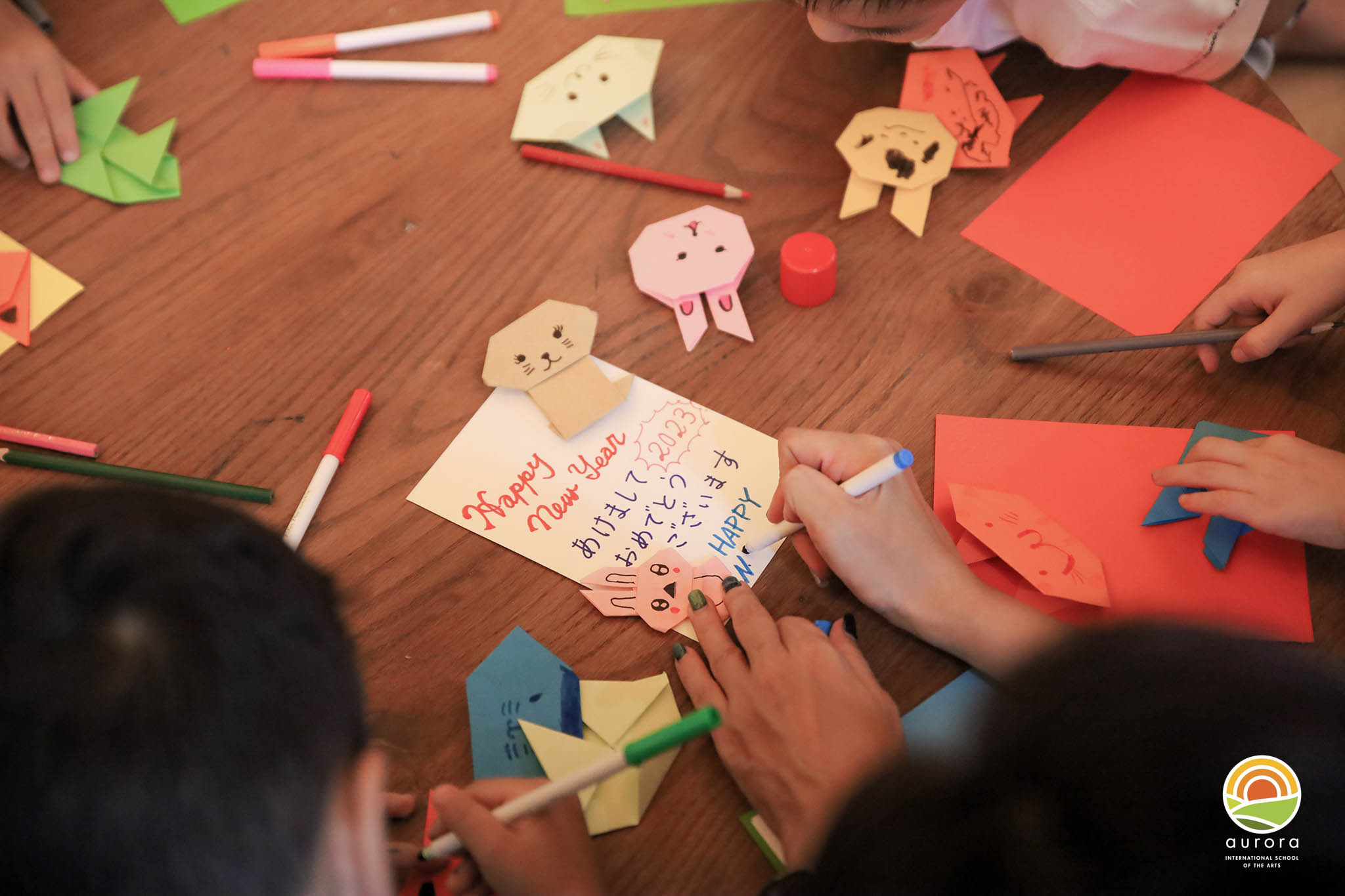
Expression Of Interest
11 - 11A - 13 - 15 Tran Ngoc Dien, Thao Dien Ward, Thu Duc City, HCMC, Vietnam.
Phone: +84 (28) 3744 2991
Hotline: +84 982 012 860
Email: info@auroraschool.vn
- Aurora Story






